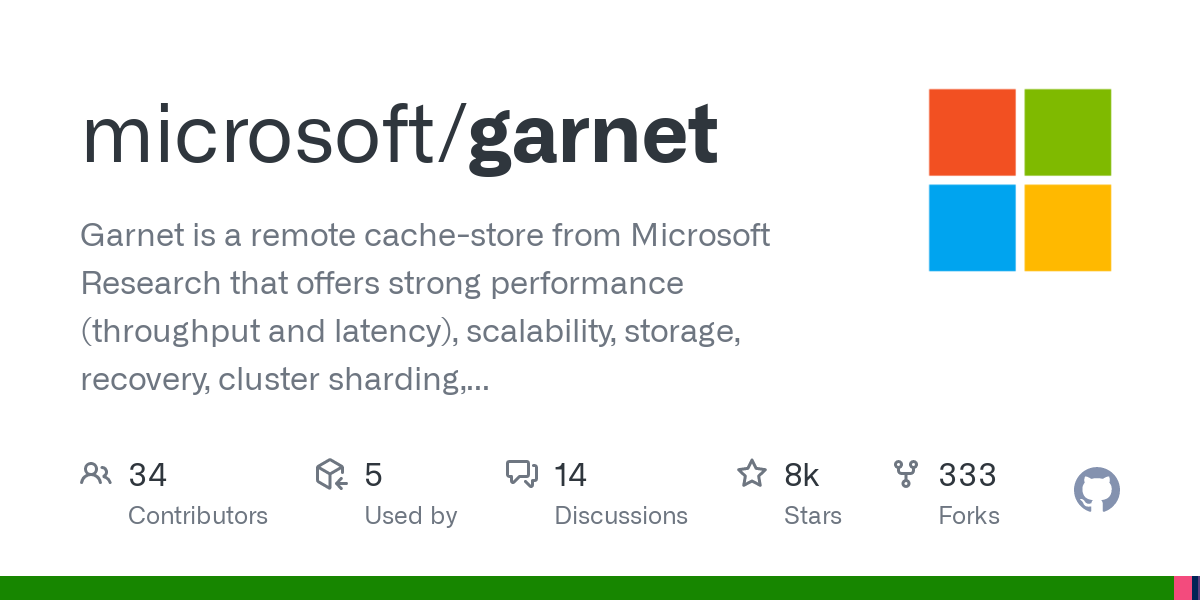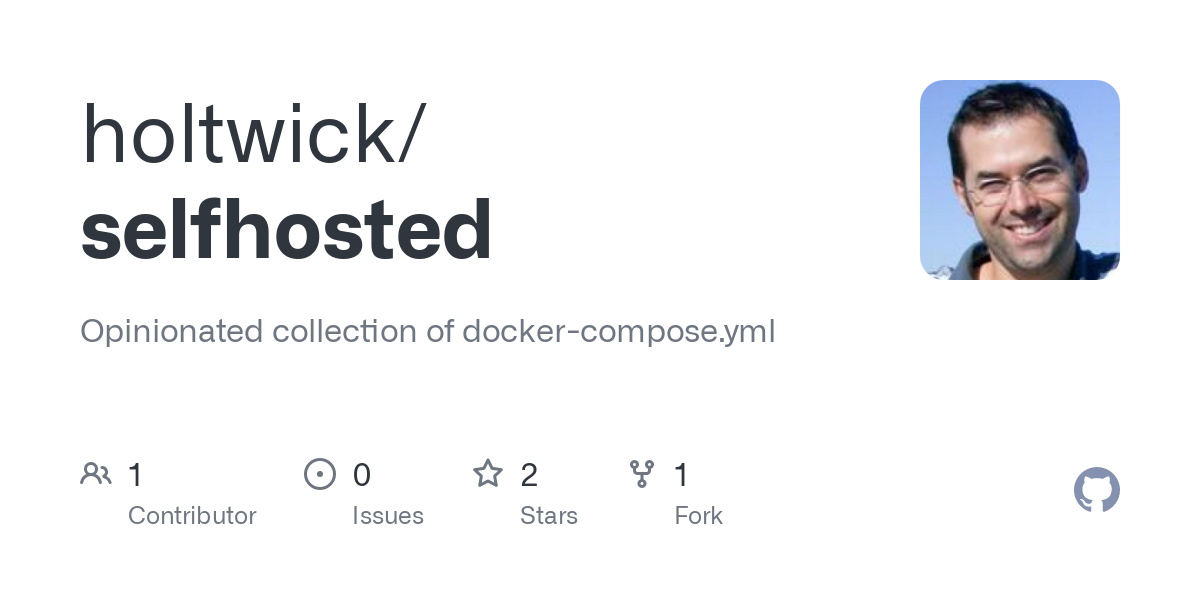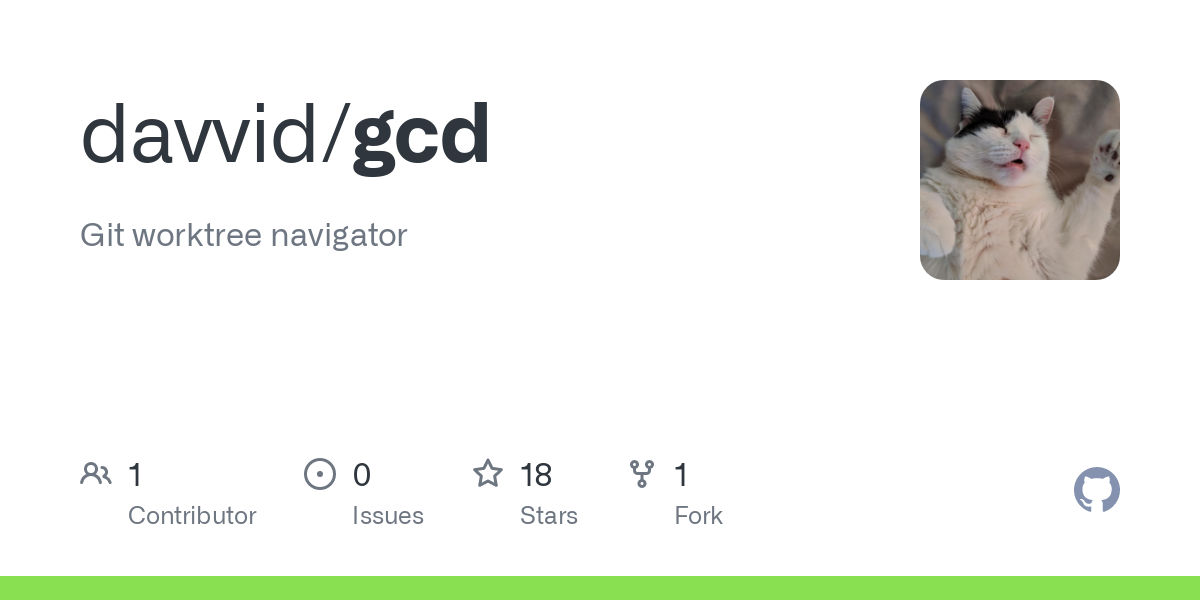Mastodon: @[email protected]
- 131 Posts
- 18 Comments

 17·9 months ago
17·9 months agoWho is this particular developer
As far as I understand from the discussions about the topic, Maxim Dounin was one of the few core developers of nginx. Looks like Wikipedia has already been updated.

 12·9 months ago
12·9 months agoThe URL seems to have a typo. Correct URL is https://github.com/presslabs/gitfs
I know you said “self hosted”, but if you are interested in an Android app, Google Play Books does most of what you want, I think. You can upload your books, and read them on any device (with offline capabilities). But this is the Self Hosted community, so I will show myself out.

 17·9 months ago
17·9 months agoI don’t follow it very closely, but as far as I know, they are the only one implementing the open protocol they designed (which doesn’t interoperate with ActivityPub). However, there seems to be some efforts for creating a bridge: https://www.docs.bsky.app/blog/feature-bridgyfed
As you said, there are some recognizable faces and that may impact the adoption. But not being compatible with ActivityPub is a real bummer.

 1·9 months ago
1·9 months agodeleted by creator
I think single account ActivityPub implementations are addressing a weakness of the Fediverse: one’s identity (handle, username) is tied to an instance they have no control over. If that instance shuts down users lose everything. With a single account instance, you take that control back. And since it doesn’t need to scale the architecture can be much simpler and can be deployed to much cheaper infrastructure.
The demo was not straightforward, though. And I didn’t quite get how a user can follow Mastodon users, for example.

 1·9 months ago
1·9 months agoPossibly. My point is: despite having a common subset Pkl and JSON schema doesn’t seem to be solving the same problems. But, I’m just learning about it, so I may just be wrong.

 3·9 months ago
3·9 months agoI just learned about Pkl, so take this with a grain of salt. JSON Schema and Pkl seem to have some overlap. But JSON schema is not specifically designed for handling configuration and Pkl supports other formats like YAML.

 51·9 months ago
51·9 months agoThis looks really interesting. Getting type safety and editor support to configuration may change quite a bit of how things are done. I don’t know if it will gain traction, but if it does, it may really help bringing some long awaited structure to all those YAML files. There appears to be examples specifically for Kubernetes (https://github.com/apple/pkl-k8s-examples).

 6·9 months ago
6·9 months agoI wasn’t aware of that. I guess it was thought to be a mod driven community. Anyway… Cool question. I hope we will see some creative solutions here.

 6·9 months ago
6·9 months agoPlease also consider posting to [email protected]

 2·10 months ago
2·10 months agodeleted by creator
That’s explained at the end (Revisions). Fowler is probably looking for a general term that can be used to describe this specific way of debugging. Since he is aware of
git bisect(and I’m sure he knows abouthg bisect) there must be a reason he is not preferring “bisect debugging,” for example.Edit: The term
diffhas a clear link with version control.bisectis not that obvious. It may be ambiguous/vague in debugging context. I would still call it “bisect debugging.”
Beginning in Git 2.43, Git will realize when it’s about to perform a double-revert, and instead produce the much more pleasing message
Doesn’t happen very often, but I’m glad we have a better solution to this now.

 7·1 year ago
7·1 year agoThis sounds more like a Github question.
Reading the manual? That’s cheating!

 5·1 year ago
5·1 year agoApart from the historical value, the most important part of this article now is the “Note of reflection” added 10 years after it’s inception:
If your team is doing continuous delivery of software, I would suggest to adopt a much simpler workflow (like GitHub flow) instead of trying to shoehorn git-flow into your team.
I don’t think this work flow is relevant any more even for teams that don’t do CD, to be honest. It was a messy work flow to begin with and I haven’t seen it applied successfully in practice.



















Here is the link to the original website (an NGO that monitors blocked websites in Turkey): https://ifade.org.tr/engelliweb/distrowatch-erisime-engelledi/
And here is the Google translation of the text on that page: